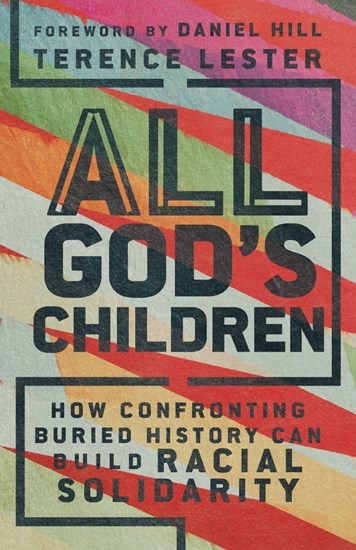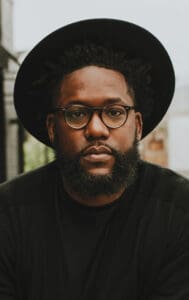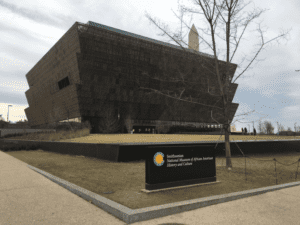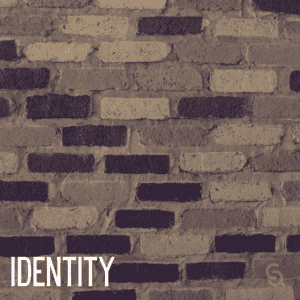 Racial justice and racial reconciliation are two distinct conversations that many White Christians conflate into one. The leap straight to racial reconciliation leaves out how a White supremacist system created the oppressive structures that disadvantage many people of color today. Just as an enslaved army cannot forgive its way out of captivity, a culturally oppressed people cannot forgive its way out of oppression. It must be liberated.
Racial justice and racial reconciliation are two distinct conversations that many White Christians conflate into one. The leap straight to racial reconciliation leaves out how a White supremacist system created the oppressive structures that disadvantage many people of color today. Just as an enslaved army cannot forgive its way out of captivity, a culturally oppressed people cannot forgive its way out of oppression. It must be liberated.
Racial injustice cannot be solved through peace, unity, and racial reconciliation conversations. We must deploy thoughtful justice, love, mercy, and solidarity as well. Racial solidarity is a commitment to stand with Black people and persons of color against injustice. The church holds an advantage in the conversation about racial justice and racial solidarity because it can embody both to achieve liberation and a sense of togetherness. The church universal has every nation, tongue, and tribe in it, as John writes in the book of Revelation. We need to see the gospel as empowering us to forgive one another and also pushing us to show up like Jesus on the front lines with good news for the poor, weary, and oppressed.
Jesus said, “The Spirit of the Lord is on me, because he has anointed me to proclaim good news to the poor. He has sent me to proclaim freedom for the prisoners and recovery of sight for the blind, to set the oppressed free” (Luke 4:18). Imagine if the church modeled how to be about both forgiveness and liberation of the oppressed. It was the great Howard Thurman in Jesus and the Disinherited who reminds us that Jesus himself identified with those who were minorities or under oppression.
Racial reconciliation must be preceded by racial justice. For racial justice to be achieved, White people who care about the injustices faced by BIPOC persons must learn what it means to stand in solidarity with their BIPOC brothers and sisters. Talk of reconciliation without any reference to solidarity and justice to correct the systems that created the injustices and separation is a form of racial trauma and even abuse. It asks the person who has been disproportionately affected by racism, White supremacy, and other forms of psychological and emotional trauma to forget what they have experienced and forgive the system that was designed for their failure, without correction. From experience, I would say most Black people want to see if someone will stand with them in solidarity before they have an interest in racial conciliation. And whenever we lose sight of this reality, we increase the likelihood of having conversations that create more harm than good.
For churches or individuals seeking to grow in their practice of solidarity and what it means to really stand with their neighbors, it can be helpful to develop a solidarity framework for how they will practice that. I have created a solidarity framework to help people understand what it truly means to stand with people and resist oppression and injustice.
The practices identified in my framework are all ways in which Jesus showed up in the Scriptures for those he was proximate to, and those he stood with. Jesus lamented, listened, immersed himself, had compassion for the weary, struggled alongside people in their suffering, and spoke up for those whose voices were unheard in the text. Jesus is the example of what standing with people in our world these days should look like. Jesus made clear his central focus was to be with those who were oppressed, and that calls us to be proximate in ways that enable us to stand with people. This is what solidarity work means.
So, how do we pursue justice? This begins with solidarity and understanding. It’s impossible to speak about what we do not comprehend or to reconcile a problem when we do not know its root cause. From a social justice perspective, this involves understanding how present-day behavioral patterns have been passed down from old laws that perpetuated discriminatory practices and speaking clearly to those issues. It’s about learning the deeper historical implications of things and the uncomfortable process of holding up to society the mirror of self-reflection. We can only seek justice once we open our eyes and understand the injustices that currently plague our communities.
Historically, this has been a challenge. It’s easy to resort to phrases like “I don’t see color” as a means of inaction. Seeking to understand people with minority identities is important because it confronts buried history and the present effects from that history. It’s not cheating the process and trying to “wing our way” to doing the right thing. True social justice can be achieved only through intention and being committed to standing with people who are oppressed by systems of injustice.
When we do not understand the importance of solidarity and move straight toward justice or reconciliation, we’ve started to assemble something we do not understand and end up doing more harm than good. Understanding the root causes of injustice takes time, and without proper understanding, we cannot obtain clarity about how our actions could negatively impact our neighbors. It’s why honoring historical background is important. Ultimately, if we love justice, we should be concerned about injustice in our communities. To love our neighbors and neighborhood is to know and understand the issues they face.
Adapted from the forthcoming title All God’s Children: How Confronting Buried History Can Build Racial Solidarity by Terence Lester. ©2023 by Terence Brandon Lester Used by permission of InterVarsity Press. www.ivpress.com.
 Terence Lester (PhD, Interdisciplinary Studies, Union Institute and University) is a minister, speaker, community activist, author, and founder of Love Beyond Walls, a not-for-profit organization focused on poverty awareness and community mobilization.
Terence Lester (PhD, Interdisciplinary Studies, Union Institute and University) is a minister, speaker, community activist, author, and founder of Love Beyond Walls, a not-for-profit organization focused on poverty awareness and community mobilization.


